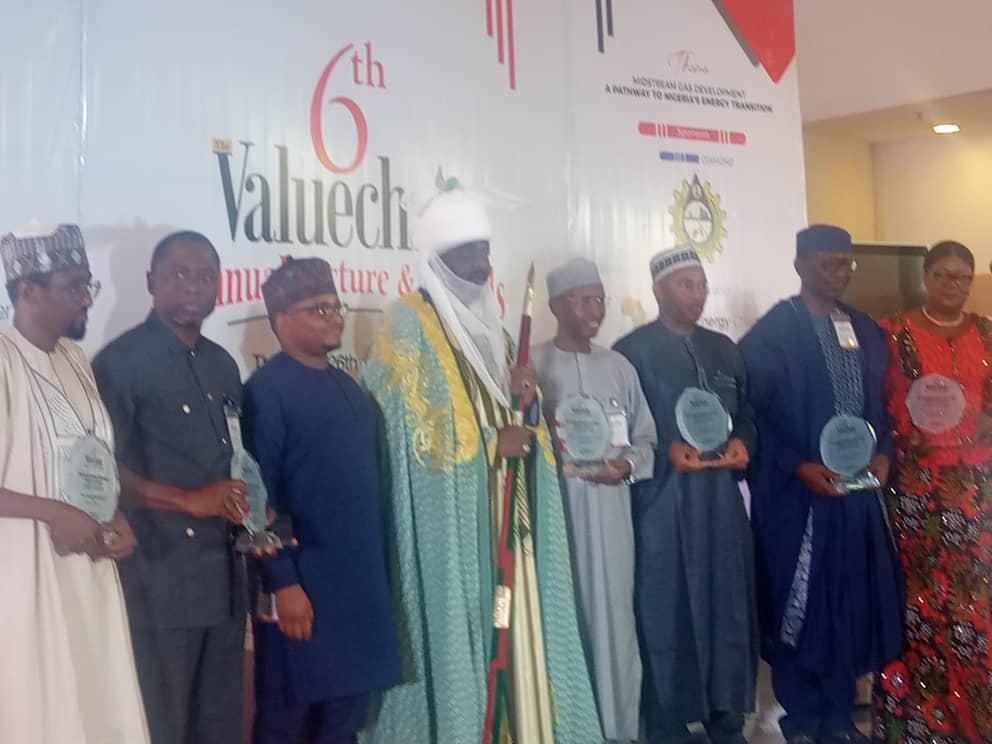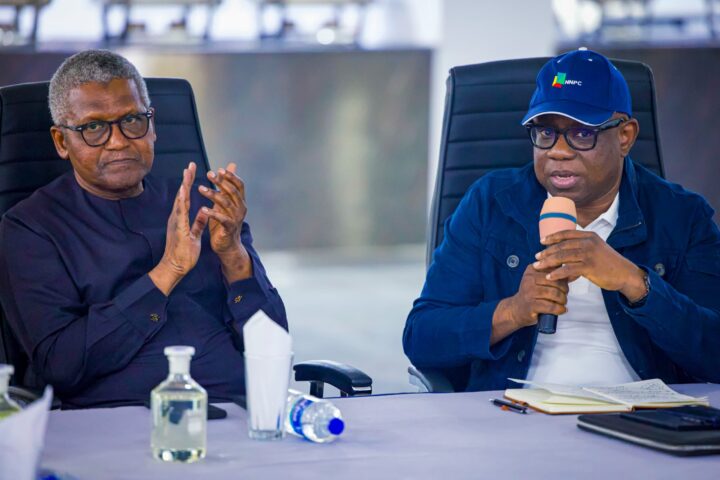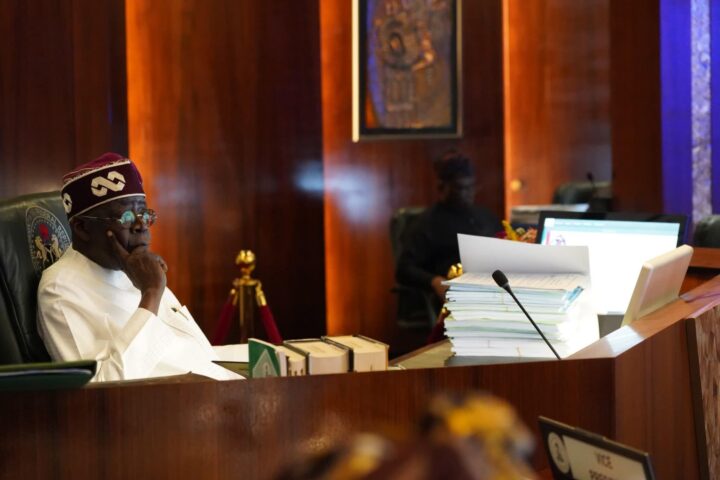Mohammed Shosanya
Vice President, Senator Kashim Shettima, has said that federal government is actively working to resolve longstanding liquidity Issues in the power sector.
He spoke on Thursday at the 6th Valuechain Annual Lecture and Awards which Thursday at the Conference Auditorium of the Petroleum Technology Development Fund (PTDF) with the theme: “Midstream Gas Development: A Partway to Energy Transition,”
He emphasized that power sector remains the largest consumer of domestic gas.
According to him, some of the most ambitious customer metering initiatives are underway or soon to be announced, adding ‘We will continue to strengthen sector governance that favours only technically and financially sound investors to own key assets’
He said the Obigbo Umuahia-Ajaokuta pipeline will be key to ensuring the AKK pipeline is not gas constrained while opening up new demand along Its right of way
Represented at the event by Sodiq Wanka, Special Adviser to the President on Energy and Power Infrastructure, Office of the Vice President, Shettima also said that there is much work to be done on expanding the Escravos-Lagos Pipeline System, (ELPS) network among others in order to fully unlock gas demand along the Northern corridor.
He said: “The theme of this event around midstream gas infrastructure Is very timely. The importance of critical gas transport infrastructure, processing facilities and other midstream infrastructure cannot be overstated. One only needs to look at the number of power plants and factories that have built up around the Escravos Lagos-Pipeline System and Its various spurs.
“Today, | am glad to learn that the AKK pipeline is nearing completion. I congratulate the foresight by the NNPC and other key stakeholders to unlock gas demand along the Northern corridor, But there is a lot of work left to be done. The Obigbo Umuahia-Ajaokuta pipeline will be key to ensuring the AKK pipeline is not gas constrained while opening up new demand along Its right of way. There is much work left on expanding the ELPS network among others.
“These projects can be significantly accelerated if we focus on making investments in them more attractive. Our network code must adequately cover private pipelines; we have to ensure that private investors are able to recover their costs and make a return on their investments by creating a new framework for tariffs that is not too rigid. And we need to have clear guidelines
for tolling. The story is similar for other midstream infrastructure” he said.
Also speaking,the Chairman of the Editorial Advisory Council of Valuechain Media Group, His Royal Highness, Emir of Kano, Alh. Dr. Aminu Ado Bayero, stated that part of the evolving dynamics ahead of the energy industry stakeholders, is the matter of energy transition, for which a carefully chosen theme has been built around the many prospects of Midstream Gas Development.
“It is not out of place to rely on the many assurances that will be harvested as the outcome of robust deliberations from this gathering, given the caliber of eminent persons we see here today, whose footprints are instructive at policy levels in the sector and industry.
“To get to the point of this assurance, however, I must acknowledge and commend the Federal Government for spearheading the viable transition through the promulgation of the Petroleum Industry Bill (Act). This instructive leap has reinforced the much-needed linkages between the upstream and downstream value chain and has enabled higher prospects for foreign and local investments in the sector” he said.
In his remarks, the Publisher, CEO Valuechain Media Group, Musa Bashir Usman, said the vision for Valuechain has always been clear: to offer the energy industry a special voice.
This voice is not only dedicated to discussing the challenges that plague the industry but also to transforming it into an attractive investment destination on the global energy map,he said.
He added that the theme of this year’s lecture holds great significance for the energy industry as it highlights the critical importance of developing the midstream gas sector as an integral part of Nigeria’s energy transition journey.
“To achieve our energy goals as a nation, we must consciously invest in infrastructure that facilitates the smooth transition of gas production from the upstream value chain to the downstream end” he said.

















